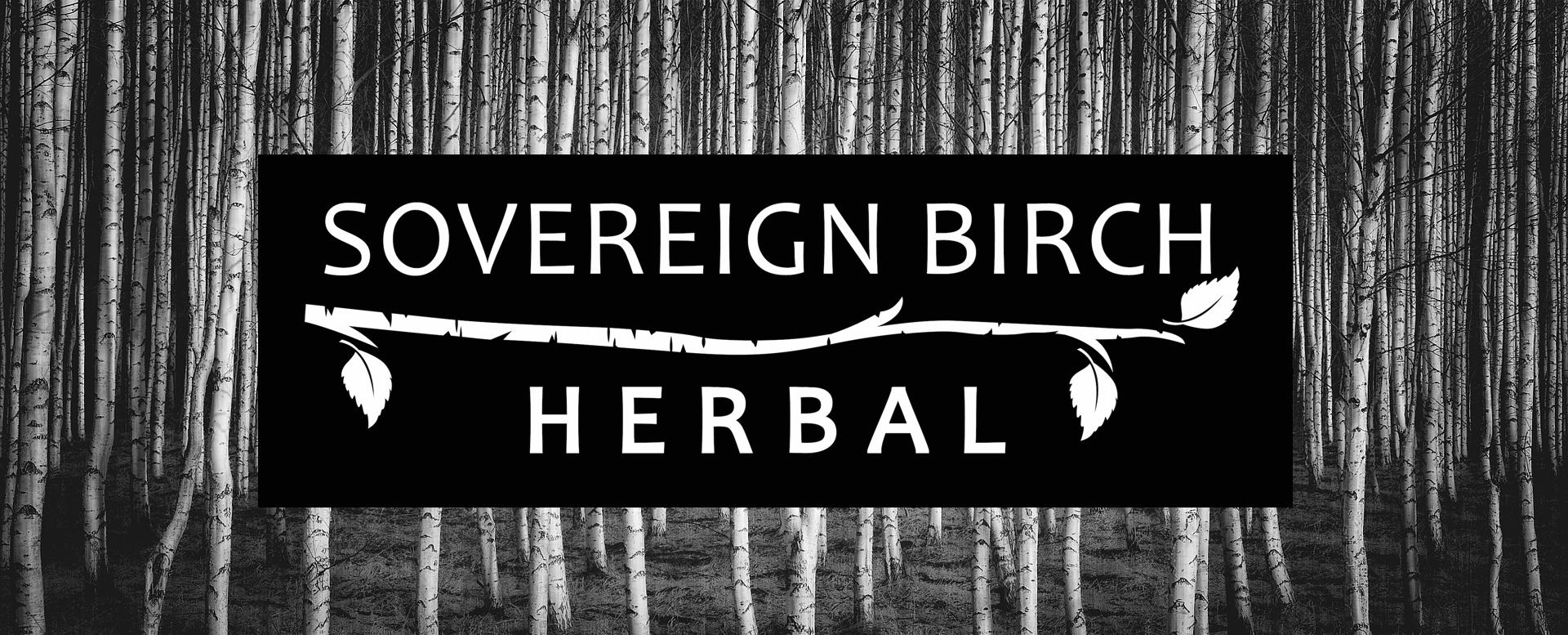Digestive troubles don’t care if you run hot and damp, cold and dry, hot and dry, or cold and damp–they happen to all of us! But with so many digestive herbs naturally running cool and dry, that can be aggravating for those of us who also run cool and dry.
If you’re dealing with an acute digestive problem, like diarrhea, balancing the qualities of your herbs with your constitution will be less important than balancing your herbs with the quality of the problem. (Diarrhea will want astringent herbs to tighten up the mucous membranes whether you tend towards tension or not, for instance.)
With longer-term support, we want to make sure that we aren’t accidentally aggravating our constitutions. As someone who runs cold and dry, I only work with nettles in formulation with moistening herbs, because nettles dries me out to the point of dry mouth and dry skin!
Many many of the favorite digestive herbs are cooling and drying, especially the bitters which are so good at improving digestion. This can be tricky for those of us running cold and dry, so let’s look at herbs to improve digestion are warming or moistening, and in some cases both!
Fennel (Foeniculum vulgare)
Top of the list is fennel! Yup, this humble kitchen spice is a fantastic digestive-supporting herb. Fennel is both warming and moistening, so if you run cold and dry, this is a good choice. You can work with fennel by adding it directly to your food, or in tea–either plain or with other herbs. Fennel relieves gas and bloating (one reason we see it in traditional sauerkraut!), and it’s also antispasmodic, helping with intestinal cramping. Fennel also stimulates the liver some to produce more bile, which in turn makes it easier for us to digest and utilize fats!
Licorice (Glycyrrhiza glabra)
Another warming and moistening herb, licorice comes in behind fennel on this list only because I personally struggle with the taste of licorice. But whether you love or hate the taste of licorice, it has a strong anti-inflammatory action on the gut. If you’re running dry and irritable with cranky guts, the moistening affect of licorice will help soothe and repair the mucous membranes. Licorice will also bring down inflammation in the liver, restoring damaged liver tissue.
Please note that long-term work with licorice isn’t recommended if you have high-blood pressure.
Cinnamon (Cinnamomum cassia, C. verum, C. burmanii)
Cinnamon is a fascinating herb: if you work with it dry, it’s drying; if you work with it in tea, it’s moistening! In both cases, cinnamon is warming, so cinnamon tea can help get cold, sluggish digestion moving. The warmth is diffusive, meaning cinnamon will help spread warmth outwards and throughout the body too.
Cinnamon has noticeable effects on blood sugar levels, so if you are taking blood sugar-regulating medicine, do not work with more than 6mg of cinnamon a day.
Chamomile (Matricaria recutita)
Surprise! Chamomile doesn’t just make you sleepy, it also has vulnerary (wound-healing) action on the gut! Chamomile is one of the rare herbs that isn’t moistening or drying, and it’s warming, so it’s a good choice here. To get these good vulnerary and anti-spasmodic effects in the gut, you’ll need a strong cup of tea–like four teabags’ worth of strong. Strongly-brewed chamomile becomes bitter, which is how you know it’s strong enough–remember that bitter flavor is part of the digestive support! Bitter is good~
Consider working with chamomile in the evenings to help you get to sleep easier, rather than first thing in the morning or before needing to drive.
(If you want to learn more about chamomile’s non-sleepy actions, you can read a full monograph here.)
Ginger (Zingiber officinale)
You probably don’t need me to tell you that ginger is hot! It’s also drying, so this is one you’ll want to mix with other, moistening herbs to counterbalance that. Ginger is excellent for warming up sluggish digestion and getting things moving, and also helps with nausea. Another herb with anti-spasmodic effects, ginger helps with gut cramping and pairs deliciously with chamomile.
Ginger has a blood-thinning effect, so don’t work with it if you’re already taking blood-thinning medications.
These are just a few warming, moistening herbs we can work with to improve digestion, for those of us that run cool and dry. They can be added to other digestive blends to help balance out the cooling, drying nature of many bitter digestives, or you can work with these herbs alone or in combination.
